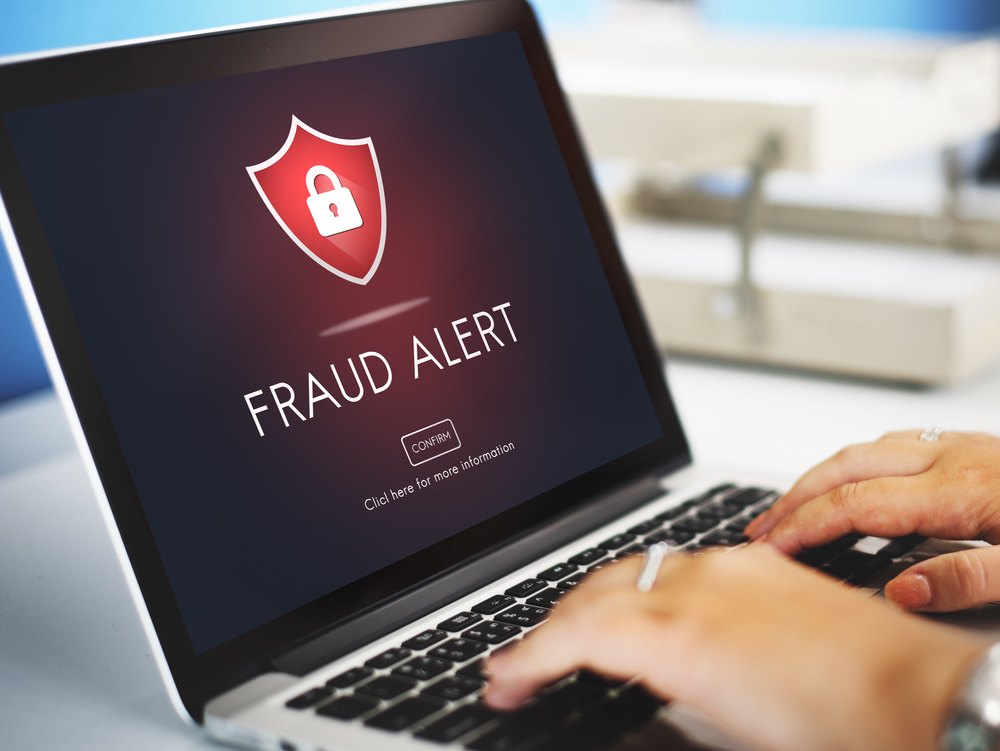Fraud remains a critical flaw for the traditional payment system. According to a new report by LexisNexis Risk Solutions, US card issues alone lose US$10.9bn in revenue every year. Credit cards are the biggest culprits, albeit debit card solutions are not safe from harm either.
The Annual Fraud Losses Stack Up In The US

It is no secret how credit and debit card fraud continues to make headlines throughout the years. Despite best efforts by the financial industry, the numbers keep going up. The most recent study by LexisNexis paints a worrisome picture, as US card issuers lose US$10.9bn per year in revenue.
Credit cards account for 71% of all fraudulent payments and attempts, whereas debit cards contribute to 25% of fraud in 2015. Interestingly enough, US$500 million in funds was lost due to prepaid card fraud. Albeit this latter number might be a surprise to some people, prepaid cards are gaining more popularity due to their anonymity.
EMV chip technology was hailed as the one solution to significantly reduce fraudulent transactions without causing additional friction. But as it turns out, retailers stick to swiping cards, and consumers are not enforcing their option to pay with a PIN code either. Despite the lackluster rate of adoption, EMV remains the “best protection against fraud” the sector has to offer today.
There are two very harmful types of fraud, albeit they have not changed much over the years. Application fraud and account takeover remain two key areas where additional security precautions are needed. Spyware, malware, and phishing scams remain the driving factor for this type of fraud. Counterfeit cards, usually created due to skimming attempts, represent 16% of the fraud losses.
Credit and debit cards can always end up stolen or missing. Blocking access to this medium of payment needs to be done as soon as possible. However, 28% of fraud losses occur through the misuse of lost or stolen cards, which is a very high number, to say the least. Some cards are even intercepted by criminals before the official cardholder receives their replacement, which attributes to the fraud numbers as well.
Source: Payments Source
If you liked this article follow us on Twitter @themerklenews and make sure to subscribe to our newsletter to receive the latest bitcoin and altcoin price analysis and the latest cryptocurrency news.

